Sun Chenghao, Fellow, Center for International Security and Strategy of Tsinghua University; Munich Young Leader 2025
Sep 30, 2024
If both sides maintain a rational and pragmatic understanding of each other and continue on a path of patient, stable communication — looking for opportunities to close seemingly impossible gaps — then a positive outcome is still in the game.
Philip Cunningham, Independent Scholar
Sep 21, 2024
As U.S.-China relations face mounting tension and uncertainty, reflecting on the early days of cultural exchange in the 1980s reveals a simpler time of optimism, goodwill, and mutual curiosity. While today's challenges are formidable, the shared experiences of those who helped build these ties offer a reminder that, even in times of difficulty, there remains potential for collaboration and understanding.
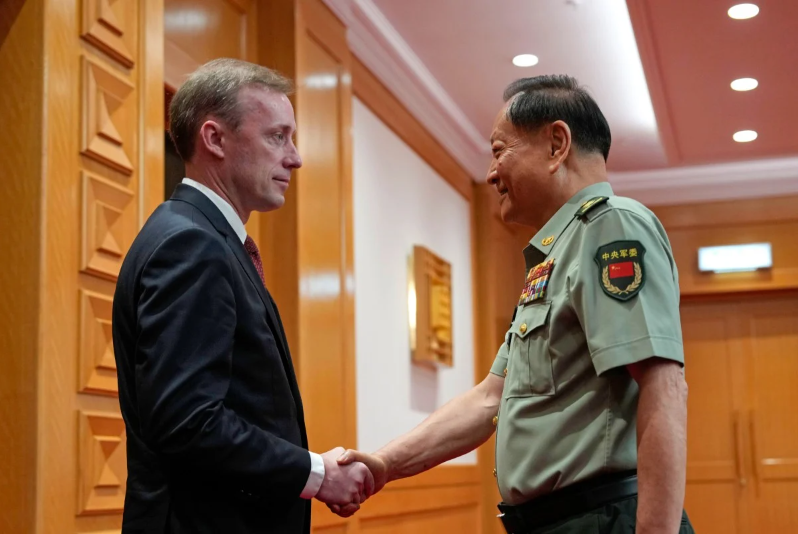
Zhao Minghao, Professor, Institute of International Studies at Fudan University, and China Forum Expert
Sep 13, 2024
The recent visit to Beijing by Jake Sullivan, the U.S. national security adviser, revealed some new trends in the development of relations. Both sides wish to preserve stability against the backdrop of U.S. presidential elections and — to use a significant phrase — move forward.
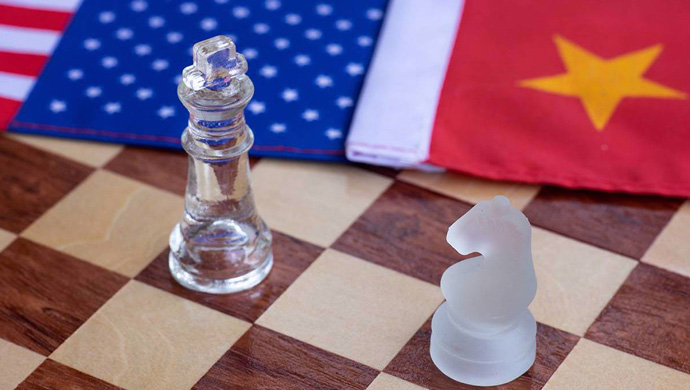
Richard Weitz, Senior Fellow, Hudson Institute
Sep 06, 2024
Nuclear deterrence has been a defining characteristic of international security for nearly a century now. Already having weathered one Cold War, could China push the U.S. over the edge towards an all-out arms race in the 21st Century?
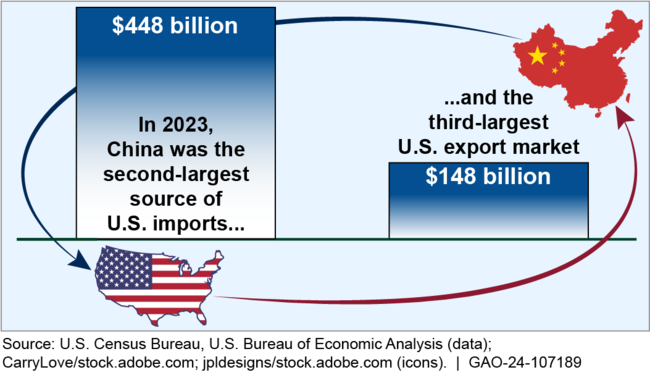
Lei Shaohua, Associate Professor at School of International Studies, and Research Fellow at Institute of International and Strategic Studies, Peking University
Aug 05, 2024
The current state of bilateral relations in agriculture, services and NEVs underscores the fact that engagement and cooperation underpinned by self-confidence and mutual trust are essential prerequisites for a more promising future in China-U.S. relations.
Li Zheng, Assistant Research Processor, China Institutes of Contemporary International Relations
Jul 19, 2024
The two sides need to actively explore new models of cooperation with an open attitude to realize development together. How they balance competition and cooperation will not only affect their own relations but also the direction of the world.
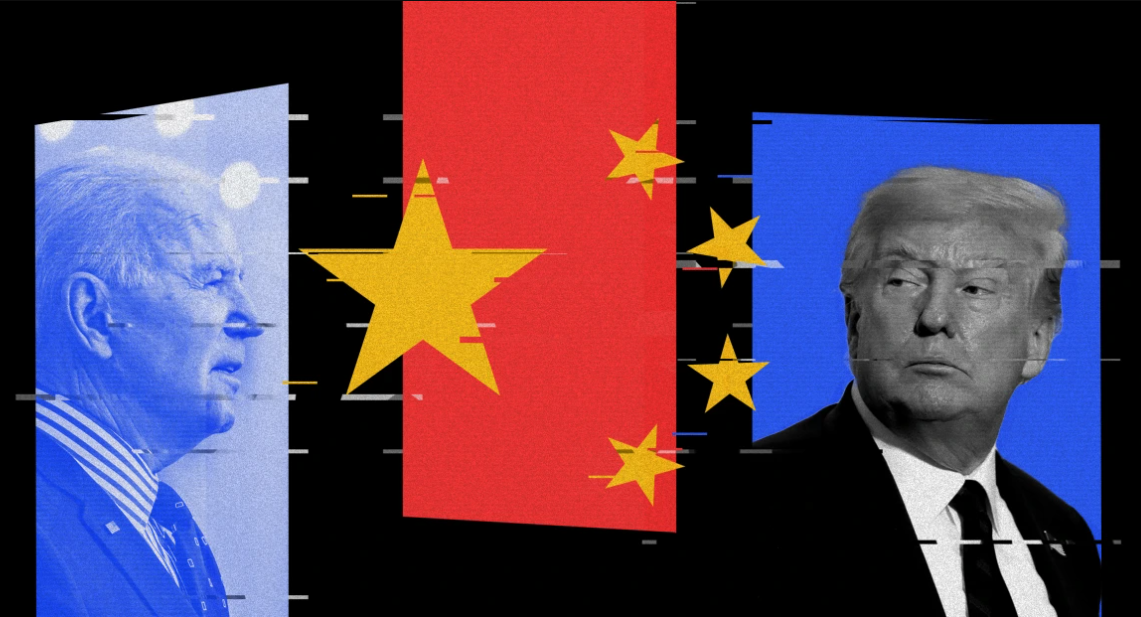
Richard Weitz, Senior Fellow, Hudson Institute
May 17, 2024
The renewal of high-level Sino-U.S. exchanges along with the approaching American elections has intensified the U.S. debate about an optimal long-term strategy toward China.
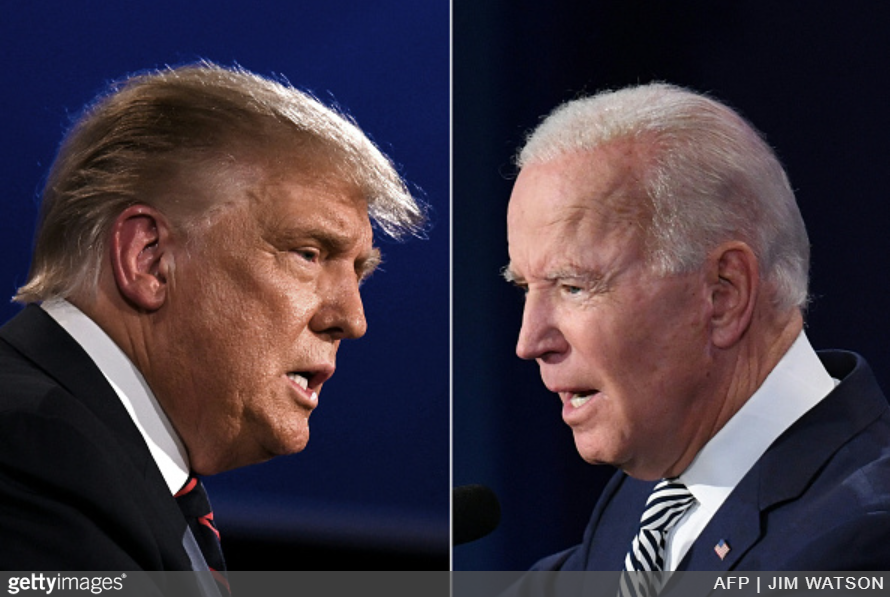
Bian Qingzu, Research Fellow, China Foundation for International Studies
May 16, 2024
Although it’s still early, China is referenced heavily in political rhetoric and is a top target of candidates. Washington is suffused with an atmosphere geopolitical contention. Distorted images of China and emerging hawkish policies have undermined goodwill in bilateral relations. China needs to prepare for any outcome in November.
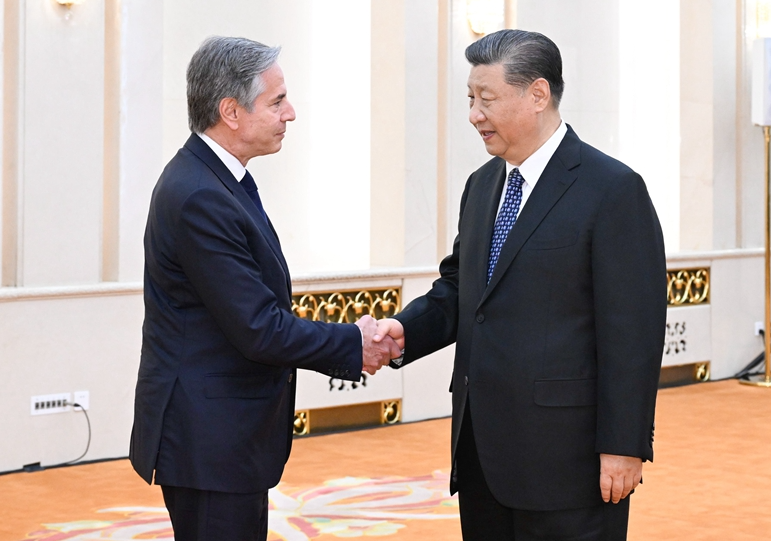
Joseph S. Nye, Professor, Harvard University
May 10, 2024
When US Secretary of State Antony Blinken recently visited Beijing in an effort to stabilize relations with China, many of the issues that he discussed with Chinese President Xi Jinping were highly contentious. For example, Blinken warned China against providing materials and technology to aid Russia in its war against Ukraine, and he objected to China’s territorial claims in the South China Sea and harassment of the Philippines (a United States ally). Other disputes concerned interpretations of America’s “one-China” policy toward Taiwan, and US trade and export controls on the flow of technology to China.
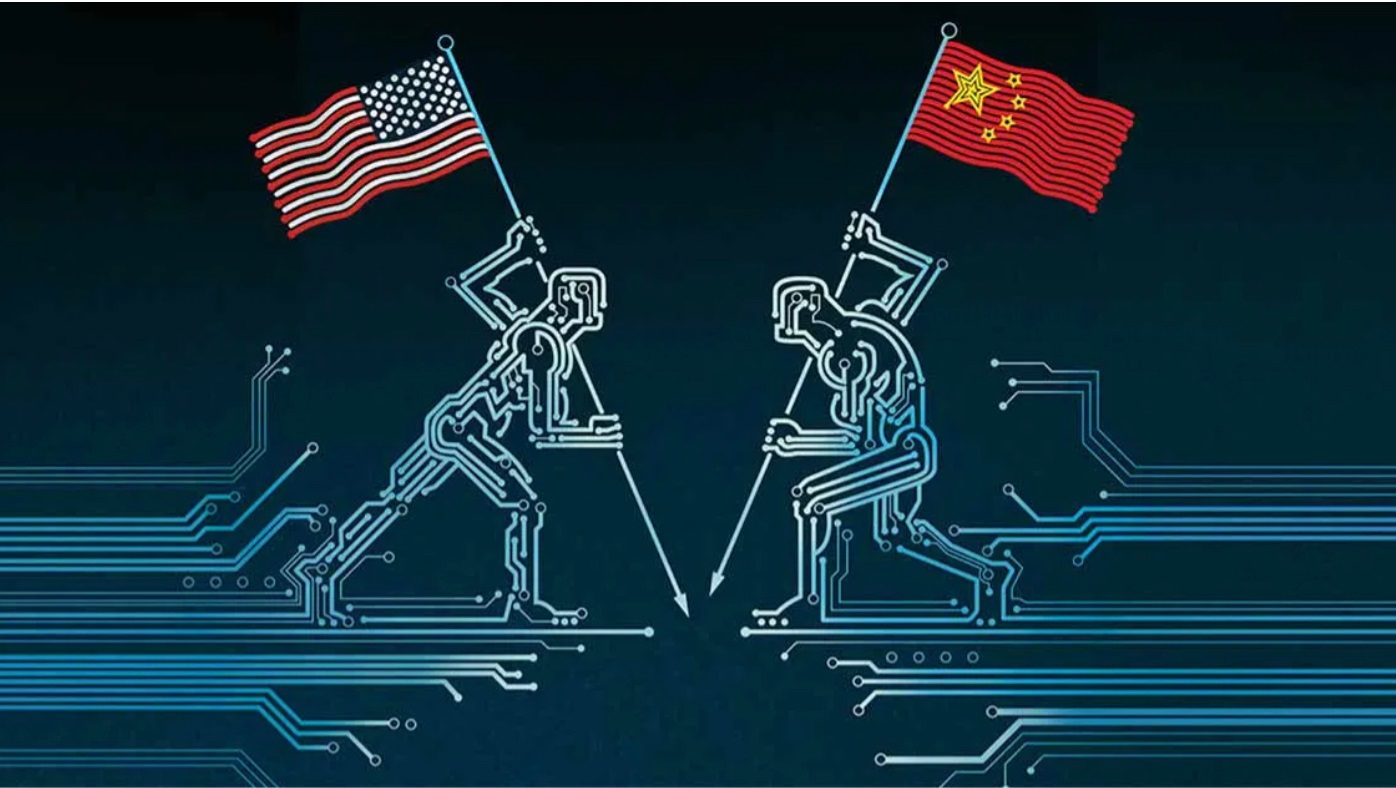
Ghulam Ali, PhD, Monash University, Australia
May 08, 2024
The US-China rivalry is the most dominant aspect of 21st-century geopolitics, significantly impacting the world. It has expanded across various fields and geographies. The Gulf region, which was mainly absorbing the geopolitical heat of this rivalry, has also witnessed it in the technological sphere, especially artificial intelligence (AI). Two larger projects, G42 in the UAE and the King Abdullah University of Science and Technology (KAUST) in Saudi Arabia, are particularly notable.
Back to Top

- China-US Focus builds trust and understanding between the U.S. and China through open dialogue among thought leaders.
- Our Offerings
- Topics
- Videos
- Podcasts
- Columnists
- Research Reports
- Focus Digest
- Stay Connected
-
Thanks for signing up!
- Get the latest stories from China-US Focus weekly.